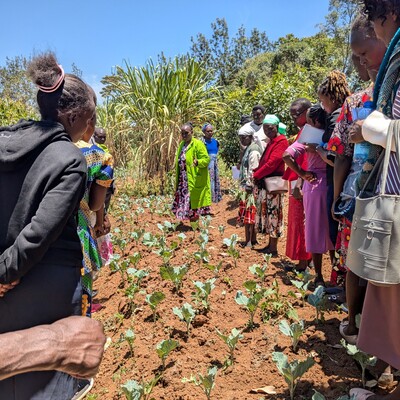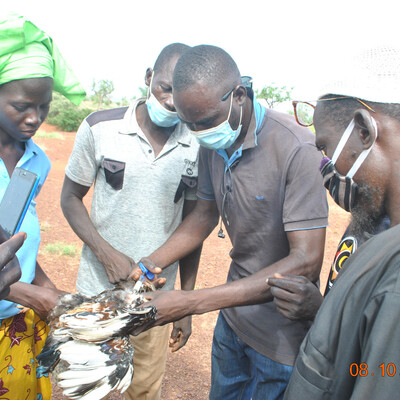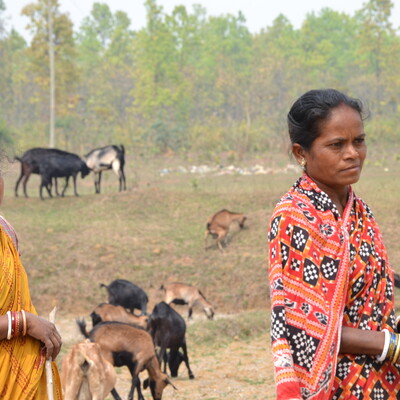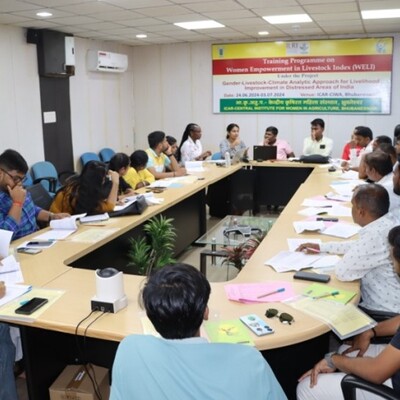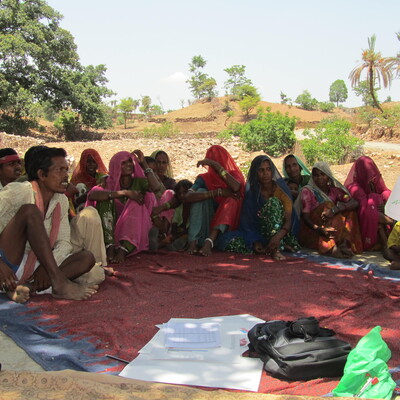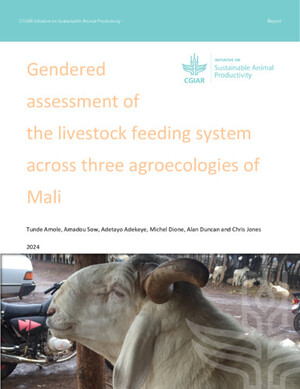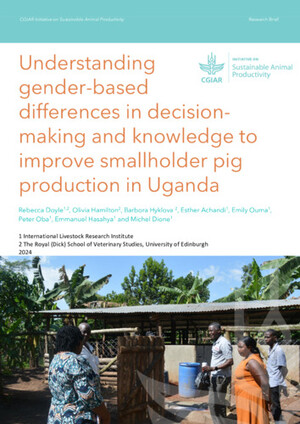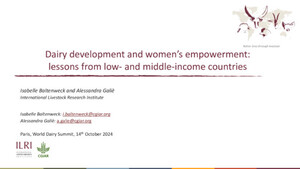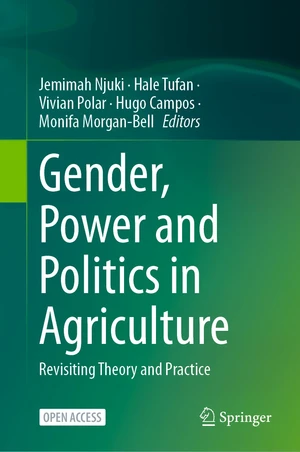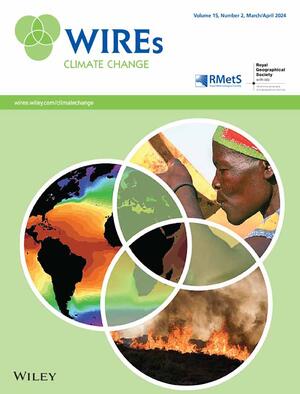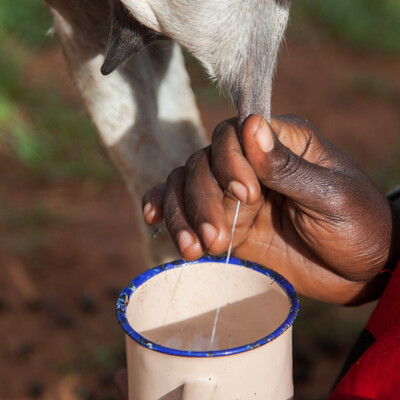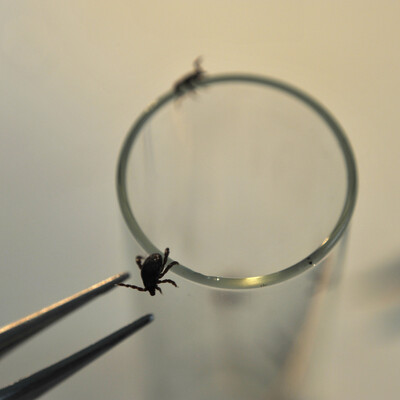
ACGG Tanzania gender capacity assessment report released
The African Chicken Genetic Gains (ACGG) program in Tanzania conducted a gender capacity assessment in the country in January 2017. The following post is adapted from the executive summary of the study’s report.
The ACGG Tanzania gender capacity assessment analysed the current gender capacities against desired future gender capacities of the ACGG partners. It measured six core gender capacities at the organizational level and at individual (staff) level of five of the six engaged national and regional research institutes. These capacities were assessed in relation to the environmental (contextual) level: the institutional and policy environment that enables or disables the other capacities. For the latter, public and private sector partners of the ACGG implementers, including gender experts, were interviewed.
The assessment found that women are predominantly found in the production and selling of poultry products in the value chain, but only at the level of small-scale production where income is minimal. Women face many barriers if the enterprise grows and when they want to move up in the value chain, and those who do improve their business run a great risk of losing their say over it or not being able to decide over income derived from it.
The study also found that women have less access to inputs, services, information, and markets than men. They are hardly represented in relevant fora and their voices are often not heard, which means their needs and interests may not be known or taken into consideration.
The importance of gender in livestock development is mentioned generally in the Tanzania National Livestock Policy of 2006. Implementation of gender aspects in livestock development is lagging behind due to a lack of funds and human resources. A national strategy for gender development published by the Ministry of Health, Community Development, Gender, Elderly and Children in 2008 as well as other gender policies and guidelines have also been prepared. Each of the departments of the Ministry of Agriculture Livestock and Fisheries (MoALF) has a gender focal person appointed, who is responsible for coordination of gender mainstreaming activities of the ministry. The gender focal persona are selected from among MoALF staff and do not have specific gender training. The MoALF has livestock field officers located within villages, including those where ACGG is active, but these do not deal with gender issues.
All assessed core gender capacities in Tanzania are insufficiently or under developed (scored between 2.0 and 2.5 on a scale of 1 – 5). Gender at the workplace is the best-developed capacity and stands out from the other capacities with a 2.5. All other capacities are insufficiently developed with minimal difference (2.0-2.2).
Of the ACGG partners in the country, the Sokoine University of Agriculture (SUA) has the best-developed gender capacities, which can be explained by the fact the university deals with more than just the so-called ‘hard sciences’ (e.g. animal science and the like), which are still considered ‘male’ sciences. The university has a gender policy, gender committee and provides gender trainings to staff and students.
The differences between the Tanzania Livestock Research Institute’s (TALIRI’s) zonal offices (between 1.6 and 2.6) are difficult to explain. The relatively high score of TALIRI southern zone could be influenced by the fact that this was the only TALIRI centre where the director, who is also a principal investigator (PI) with ACGG, participated in the assessment and has given a committed to gender equality and has participated in extensive gender training.
In line with the findings of the study, it is very important that ACGG finalizes its gender strategy with clear gender indicators and an action plan for areas such as women empowerment. This gender strategy should be developed with the participation of ACGG staff from all levels (PIs, Co-PIs, SNC and field officers), as well as with the public and private sector partners and with the farmers themselves.
ACGG/ ILRI can work closely with gender experts and departments in the national agricultural research system (NARS) and encourage the NARS to improve their gender responsiveness. Direct capacity development interventions such as training can also focused at the SNCs (sub-national coordinators), enumerators and other ACGG staff, but could be open to other individuals and partner organizations as well.
Read the full report: Gender capacity assessment of the African chicken genetic gains project partners in Tanzania





